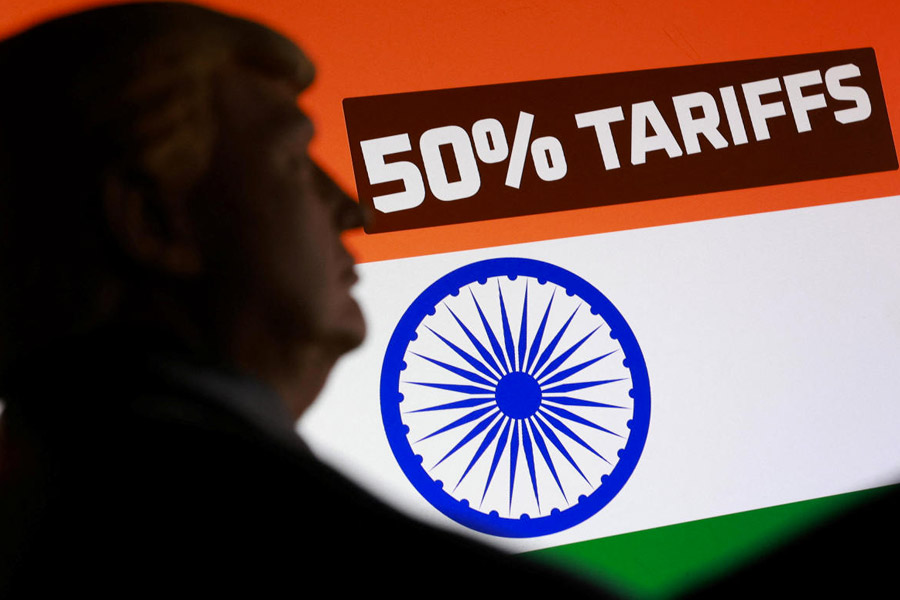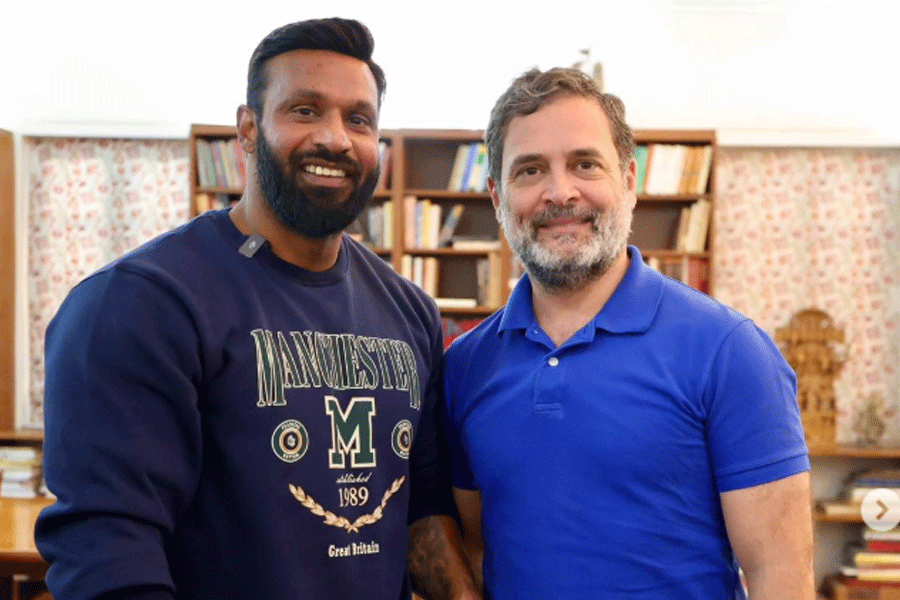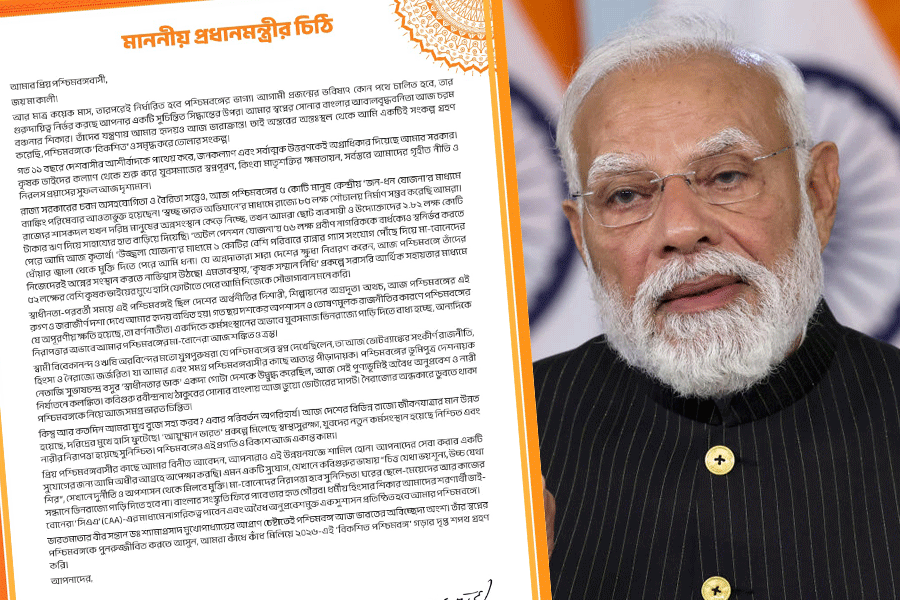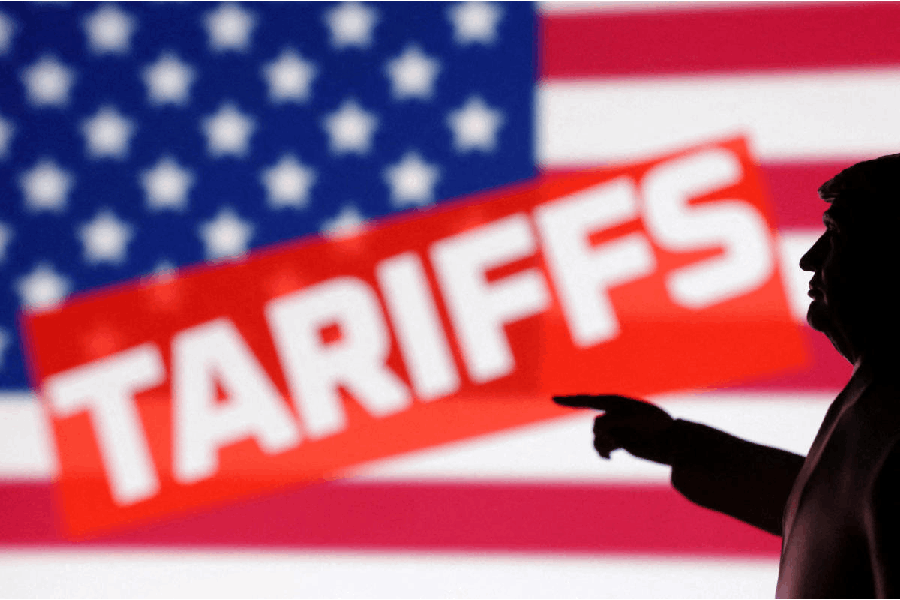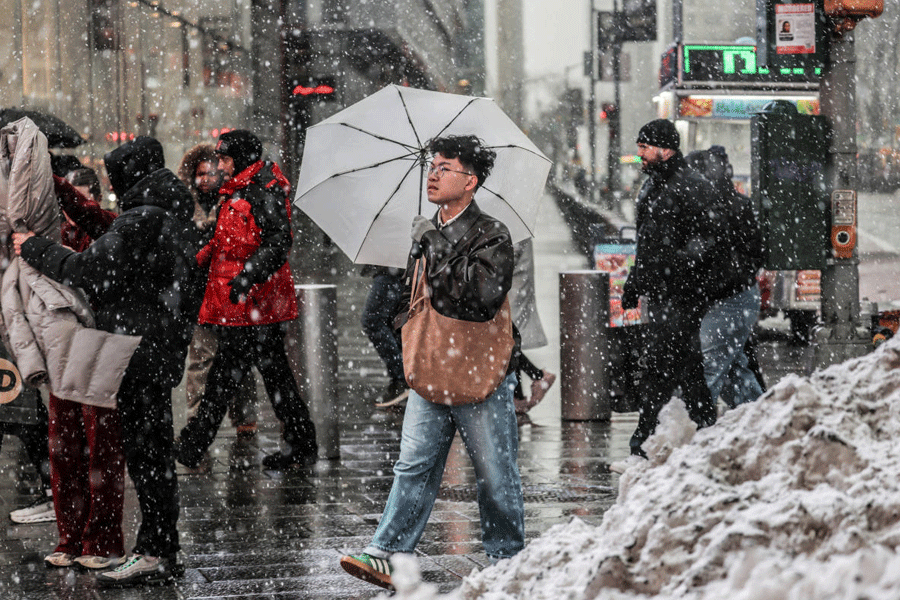The Trump administration has told the US Supreme Court that it imposed tariffs against India for purchasing Russian energy products "to deal with a preexisting national emergency regarding Russia's war in Ukraine” and as a "crucial aspect" of the President's push for peace in the country.
Trump has imposed 25 per cent reciprocal tariffs on India and an additional 25 per cent levies for Delhi’s purchases of Russian oil, bringing the total duties imposed on India to 50 per cent, with effect from August 27.
In a 251-page appeal to the Supreme Court, submitted Wednesday, the Trump administration said that “the President recently authorised IEEPA (International Emergency Economic Powers Act) tariffs against India for purchasing Russian energy products, to deal with a preexisting national emergency regarding Russia’s war in Ukraine, as a crucial aspect of his push for peace in that war-torn country.”
The appeal further states that the “stakes in this case could not be higher. The President and his Cabinet officials have determined that the tariffs are promoting peace and unprecedented economic prosperity, and that the denial of tariff authority would expose our nation to trade retaliation without effective defences and thrust America back to the brink of economic catastrophe.”
It said that due to IEEPA tariffs, six major trading partners and the 27-nation European Union have already entered into framework deals with the United States, accepting tariff arrangements heavily recalibrated in America's favour and agreeing to make approximately USD 2 trillion of purchases and investment in the US' economy.
Last week, the US Court of Appeals for the Federal Circuit in Washington, in a 7-to-4 ruling, said the sweeping tariffs imposed by Trump on countries around the world are illegal, but also gave the administration time till October 14 to file a petition for a writ of certiorari in the Supreme Court, which the Trump administration did on Wednesday.
The appeal states that according to Treasury Secretary Scott Bessent, the tariffs “have been one of the country's top foreign policy priorities for the last several months” and removing them “would lead to dangerous diplomatic embarrassment, expose the US to the risk of retaliation", and “interrupt ongoing negotiations mid-stream, undermining our ability to protect the national security and economic welfare of the American people.”
Pointing to the “fractured, 7-4 decision” of the appeals court declaring the President's use of IEEPA tariffs as unlawful, the Trump administration told the court “that decision casts a pall of uncertainty upon ongoing foreign negotiations that the President has been pursuing through tariffs over the past five months, jeopardising both already-negotiated framework deals and ongoing negotiations.”
Several of the Trump administration's officials, including Bessent and trade advisor Peter Navarro, have said that India’s purchases of Russian oil are financing the Russian war effort in Ukraine.
On Wednesday, Trump said he put secondary sanctions on India for its purchases of Russian oil, “the largest purchaser outside of China”, and indicated that he hasn’t done “phase two yet or phase three” yet.
India has called the tariffs imposed by the US “unjustified and unreasonable”.
New Delhi said that, like any major economy, it will take all necessary measures to safeguard its national interests and economic security.
Except for the headline, this story has not been edited by The Telegraph Online staff and has been published from a syndicated feed.

